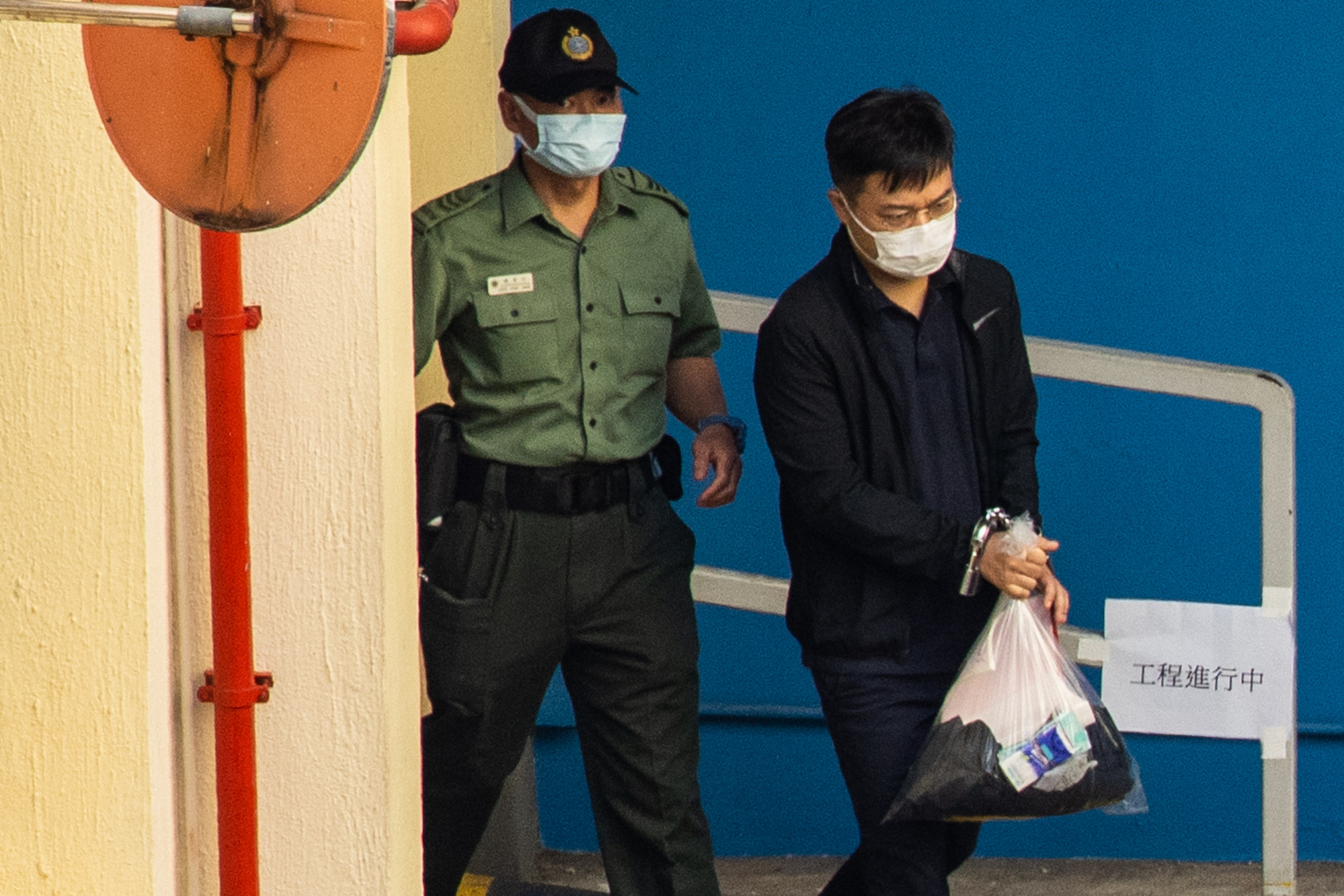Hong Kong’s Apple Daily maintained editorial stance with some concessions after founder Jimmy Lai held, court hears
Prosecutors accused Lai of using Apple Daily to instigate public hatred towards the authorities and attract hostile actions from foreign governments, such as sanctions on mainland Chinese and Hong Kong officials.

“I beat the person I was yesterday,” he said in a text message the next day.
Chan said the tabloid was keen to avoid legal risks that came with its choice of words “under the present social circumstances and new legal landscape”.
Hong Kong’s Jimmy Lai wanted paper to prepare US sanctions list, court told
The witness also referred to a text conversation she had with former Apple Daily editorial writer Yeung Ching-kee concerning the engagement of political commentator Sang Pu, whom Lai asked to include in the tabloid’s stable of columnists in April 2021.
Yeung expressed reservations, saying in a text message to Chan: “His articles are weird and [he] has openly advocated Hong Kong independence, so we do not dare to let him write a column for us.”
Chan added that former publisher Cheung Kim-hung once suggested removing some of Lai’s articles from Apple Daily’s website after the tycoon’s prosecution, but she could not recall whether that was actually done.
The Jimmy Lai trial so far: daily updates on his Hong Kong national security case
In his cross-examination, defence senior counsel Robert Pang Yiu-hung suggested that Apple Daily enjoyed editorial independence under Lai’s leadership and that authority was ultimately vested in its editor-in-chief.
“That was the case if Mr Lai did not say a word,” Chan said. “But in terms of actual operations, suppose there was a recommendation, or I should say order from Mr Lai for Apple Daily to engage a writer, my understanding is that Mr Ryan Law had no chance to voice his opinion or oppose that suggestion.”
Pang argued Apple Daily had been actively exercising its function as the fourth estate and was “always at the forefront of possible abuses of government power”.
“Would you agree with me if I say that Apple Daily did not simply criticise for the sake of criticising, but in the hope that by drawing attention to these matters, the government would change its policy?” the lawyer asked.
“You can say that,” the witness said.
The trial continues on Wednesday.